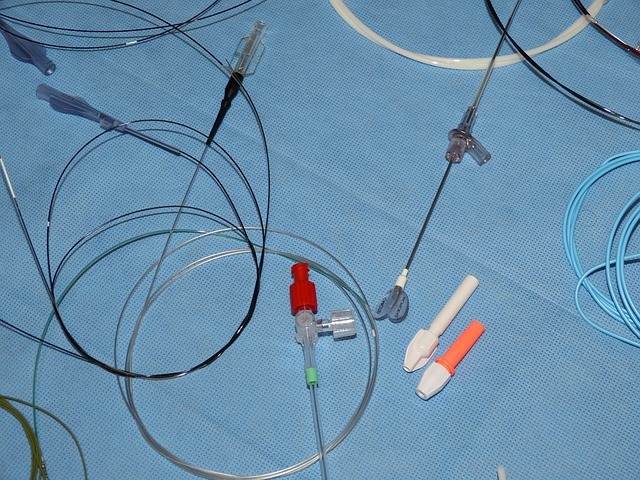
The company said that its EsoCheck is a non-invasive cell collection device designed to sample cells from a targeted region of the oesophagus in a five-minute office-based procedure, without the need for endoscopy.
In addition, the FDA determined that that EsoCheck is substantially equivalent to legally marketed predicate devices for its indications for use, namely “the collection and retrieval of surface cells of the esophagus in the general population of adults, 22 years of age or older”.
PAVmed Chairman and CEO, and Lucid executive chairman Lishan Aklog said: “I am excited to report this major milestone for PAVmed and Lucid. We are proud to have received FDA clearance for EsoCheck just over one year from the day we founded Lucid and licensed this groundbreaking technology from Case Western Reserve University.
“We look forward to offering EsoCheck to physicians and patients this summer and believe EsoCheck presents many advantages over existing sponge-on-a-string esophageal cell collection devices. These devices have a capsule which must be digested in the stomach before it can be used to sample cells, while EsoCheck can begin sampling immediately upon insertion.”
A vitamin pill-sized capsule comprised of a small inflatable balloon attached to a thin catheter is made swallowed by the patient.
The catheter attached is withdrawn such that it swabs the target area for a sample of cells and protects that sample from contamination as the device is removed.
The collected sample cells are then be subjected to any commercially available diagnostic test.
“I have spent my career seeking to improve the care of patients with gastroesophageal reflux disease and Barrett’s Esophagus and to prevent deaths from esophageal cancer.
“I have actively participated in the development of key advances in this field and am particularly excited that EsoCheck is now available as an FDA-cleared tool in our armamentarium. EsoCheck’s unique ability to sample cells from a targeted area of the esophagus has the potential to save lives through the early detection of esophageal abnormalities,” said Nicholas J. Shaheen MD, MPH, Professor of Medicine and Epidemiology and Chief of the Division of Gastroenterology and Hepatology at the University of North Carolina School of Medicine, Director of American College of Gastroenterology (ACG) Institute for Clinical Research and Education.






